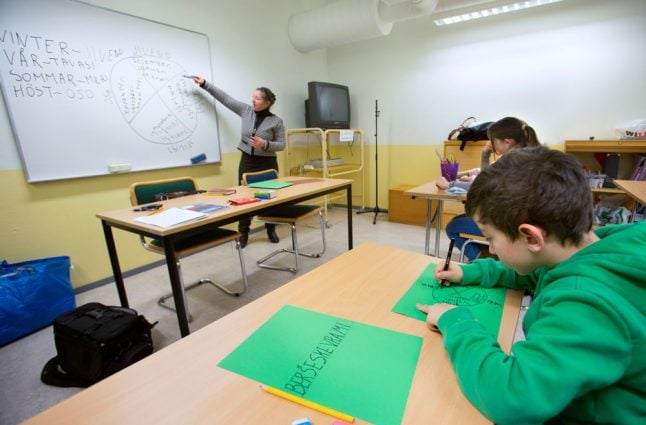International parents in Sweden: Have your children taken advantage of mother tongue tuition (undervisning i modersmål)? How was your experience? Reply here or email [email protected] to be featured in an article pic.twitter.com/BL6XThwfs9
— The Local Sweden (@TheLocalSweden) May 3, 2019



 Please whitelist us to continue reading.
Please whitelist us to continue reading.
Member comments